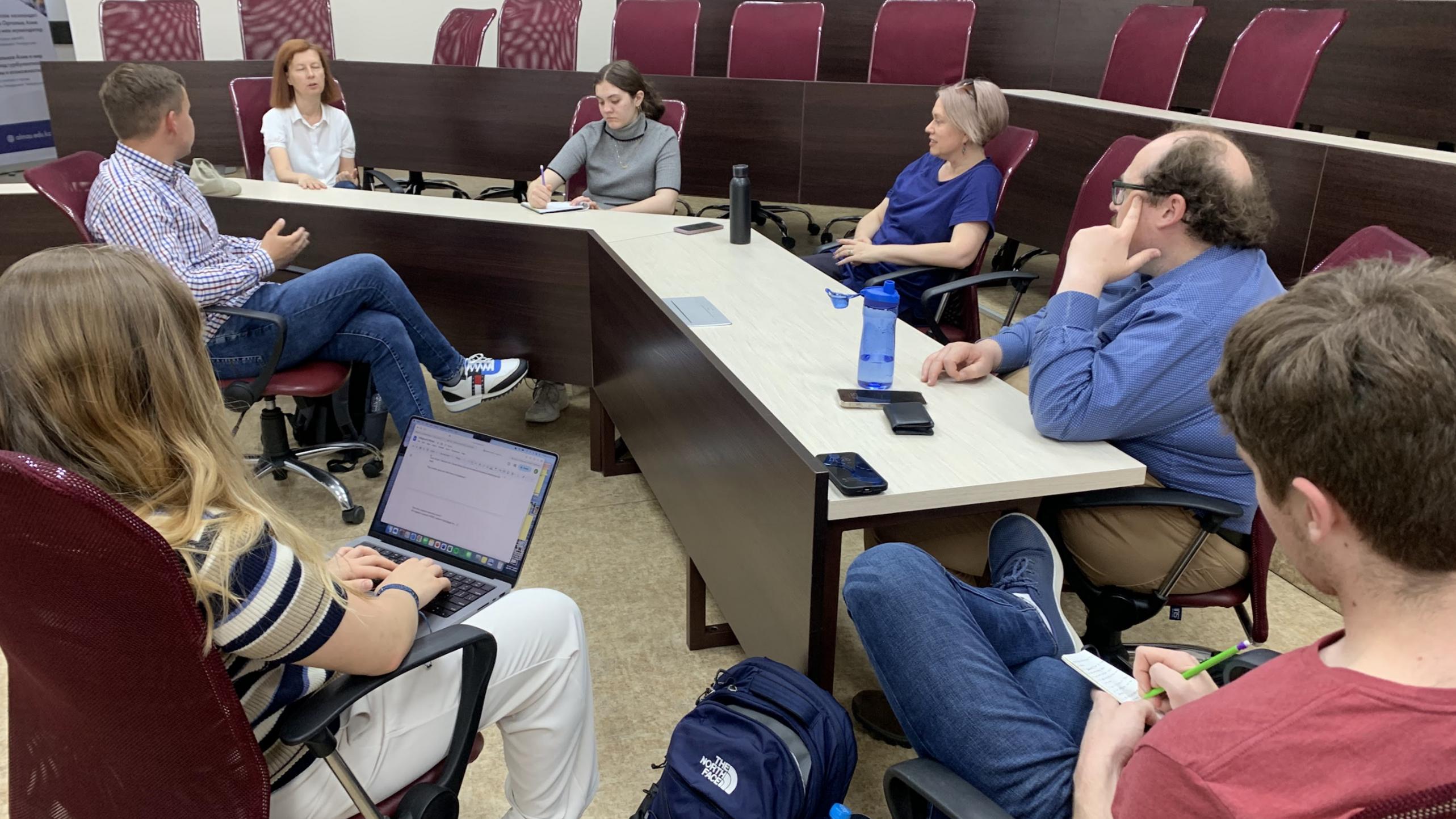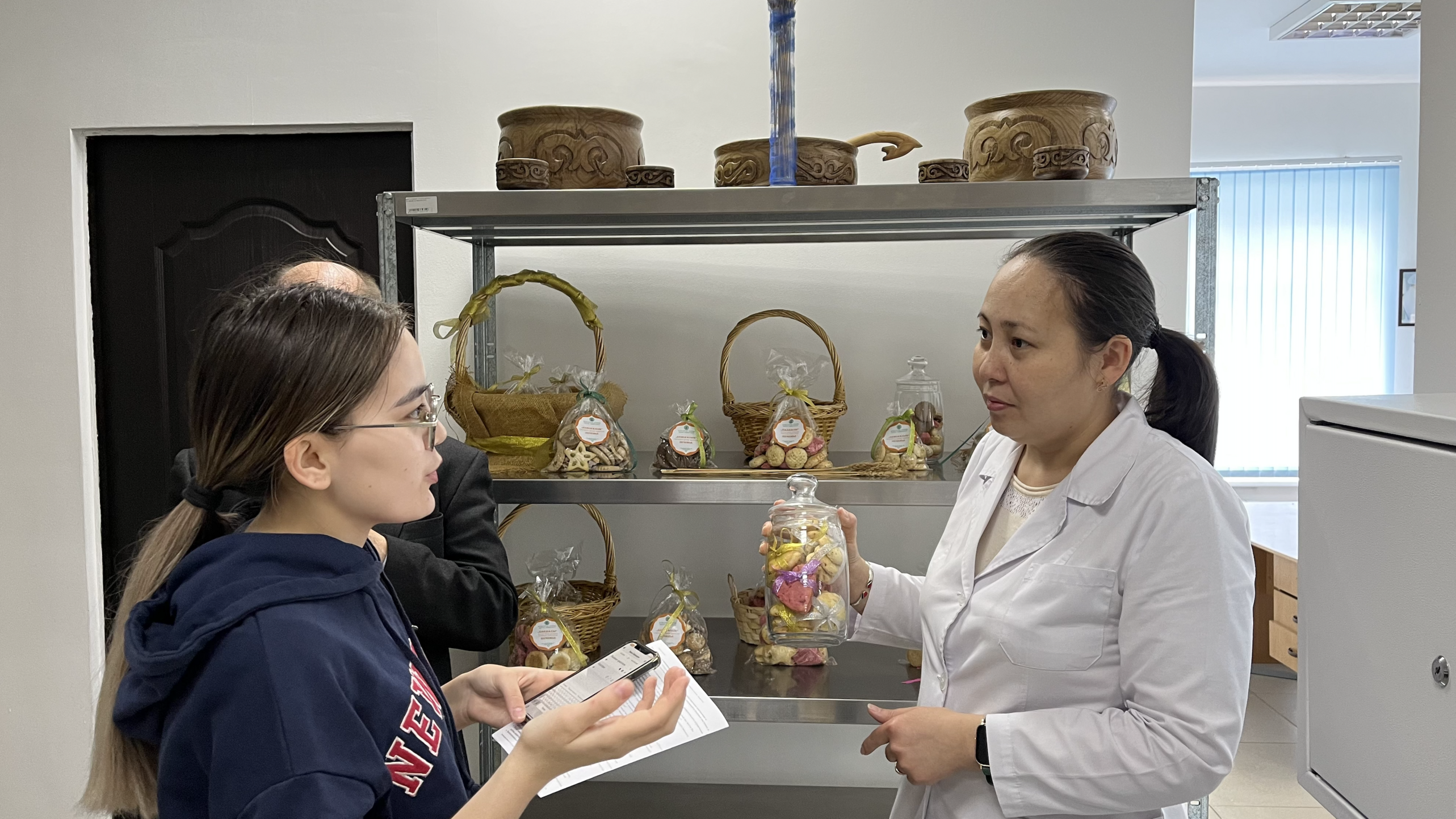Project Mentor: Professor Joseph Menicucci, Chemical and Biomolecular Engineering
Continuing Fellow:
Laurent Tong '28
2026 Impact Fellows:
Emily Snyder '29
Maitlyn Bachman '29
Vasilia Koutsivitis '29
Project Description:
How do we reduce sodium consumption in Kazakhstan?
Excessive sodium consumption is a critical global health crisis, directly contributing to cardiovascular disease and causing an estimated 1.89 million deaths annually. While the World Health Organization (WHO) recommends a maximum daily intake of 5 grams of salt, the global average is 10.78 g/day. This problem is particularly severe in Kazakhstan, which reports the highest mean daily salt consumption in the WHO European region at a staggering 17 g/day per person. Addressing this complex challenge requires a multi-pronged strategy encompassing national policy, food manufacturing, and consumer education.
Over the coming year, SaltX will continue its mission to significantly reduce sodium intake across Kazakhstan through a multi-faceted approach: implementing a national nutritional labeling system to empower consumer choice; collaborating with public health organizations to shift the public mindset on salt; and actively supporting entrepreneurs in developing high-quality, low-sodium food products. We are seeking students interested in global health, health policy, and social entrepreneurship who want to help inform and develop health policy, connect local entrepreneurs with emerging food technologies, and drive a real, lasting public health impact in Almaty and beyond.


